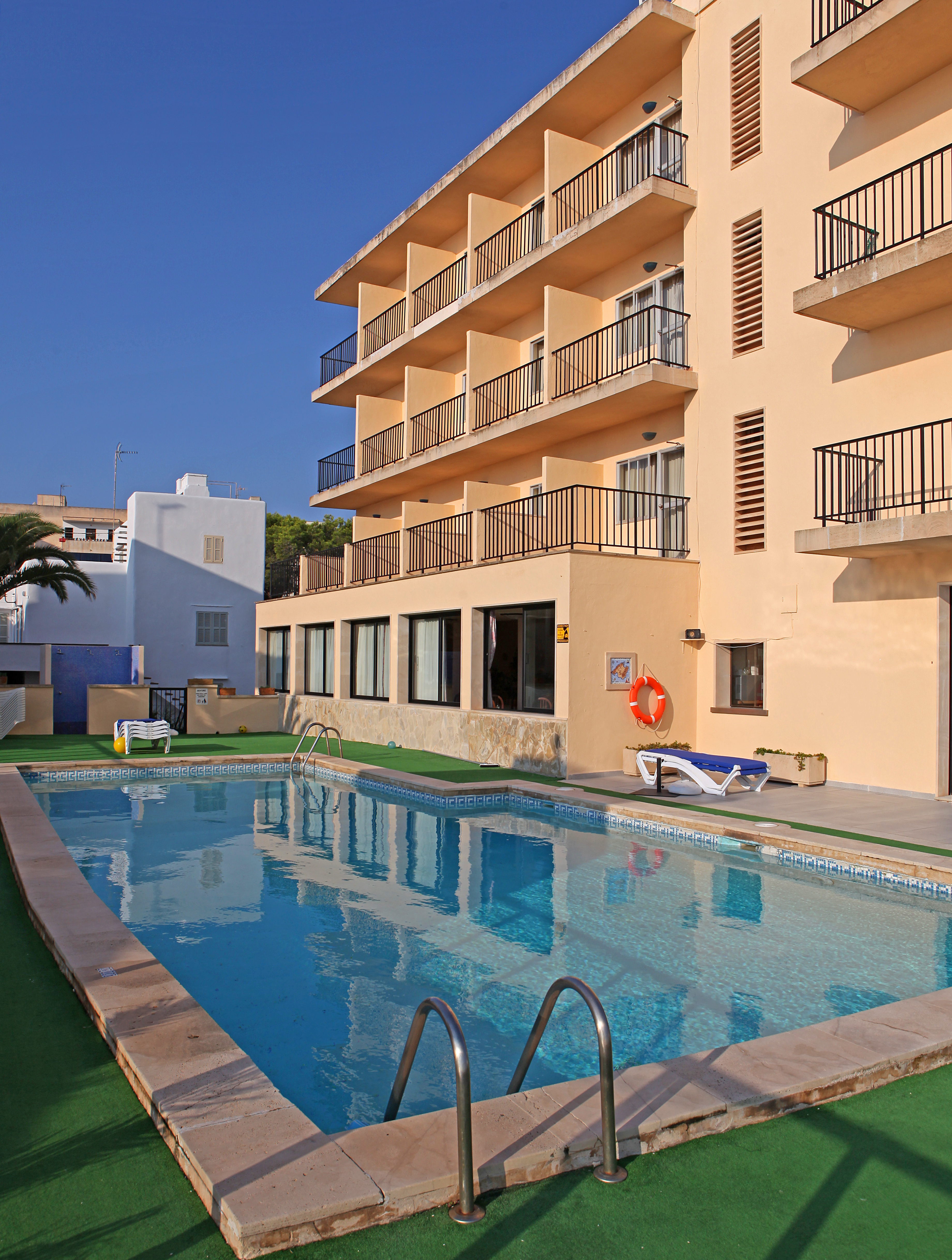|
Balconing
Balconing is the name given in Spain to the act of jumping into a swimming pool from a balcony or falling from height while climbing from one balcony to another, performed by foreign tourists while on holiday. The term was formed through a combination of the Spanish-language word ('balcony') and the English-language suffix "-ing". In 2010 and 2011, a spate of injuries attributed by the Spanish press to "balconing" occurred among tourists in the Balearic Islands (mainly Mallorca and Ibiza). Videos of people jumping into pools from balconies were posted on video sharing websites such as YouTube, which were alleged to have played a role in the spread of the phenomenon. A similar phenomenon has been described in college-related events in the United States. Injuries and deaths In 2010 in Spain, there were six deaths and 11 injuries in falls from balconies which were identified in the Spanish press as relating to "balconing". Most of these incidents involved young British and German ... [...More Info...] [...Related Items...] OR: [Wikipedia] [Google] [Baidu] |
Juan José Segura-Sampedro
Juan José Segura-Sampedro Member of The Most Excellent Order of the British Empire, MBE (born 4 September 1985) is a Spanish surgeon and researcher at Hospital Universitario La Paz, Madrid, Spain, and adjunct professor of surgery at University of the Balearic Islands. He is best known for his research in major trauma, focused on the balconing phenomenon and a preventive campaign in collaboration with the Foreign and Commonwealth Office, British Foreign Office. Biography He received his medical degree from University of Seville, Seville University in 2009 and completed his general and digestive surgery training at Virgen del Rocío University Hospital in Seville and at St Mark's Hospital, St Marks Hospital in London. He received his PhD Cum laude from the University of Seville in 2016. Segura-Sampedro taught surgery at the CEU Cardinal Herrera University in Castellón de la Plana, Castellón. Balconing Segura-Sampedro and his team first described the balconing phenomenon i ... [...More Info...] [...Related Items...] OR: [Wikipedia] [Google] [Baidu] |
Balcony
A balcony (from , "scaffold") is a platform projecting from the wall of a building, supported by columns or console brackets, and enclosed with a balustrade, usually above the ground floor. They are commonly found on multi-level houses, apartments and cruise ships. Types The traditional Maltese balcony is a wooden, closed balcony projecting from a wall. In contrast, a Juliet balcony does not protrude out of the building. It is usually part of an upper floor, with a balustrade only at the front, resembling a small loggia. A modern Juliet balcony often involves a metal barrier placed in front of a high window that can be opened. In the UK, the technical name for one of these was officially changed in August 2020 to a ''Juliet guarding''. Juliet balconies are named after William Shakespeare's Juliet who, in traditional staging of the play ''Romeo and Juliet'', is courted by Romeo while she is on her balcony—although the play itself, as written, makes no mention of a balcony, ... [...More Info...] [...Related Items...] OR: [Wikipedia] [Google] [Baidu] |
Hotel Rocamar 2009
A hotel is an establishment that provides paid lodging on a short-term basis. Facilities provided inside a hotel room may range from a modest-quality mattress in a small room to large suites with bigger, higher-quality beds, a dresser, a refrigerator, and other kitchen facilities, upholstered chairs, a television, and en-suite bathrooms. Small, lower-priced hotels may offer only the most basic guest services and facilities. Larger, higher-priced hotels may provide additional guest facilities such as a swimming pool, a business center with computers, printers, and other office equipment, childcare, conference and event facilities, tennis or basketball courts, gymnasium, restaurants, day spa, and social function services. Hotel rooms are usually numbered (or named in some smaller hotels and B&Bs) to allow guests to identify their room. Some boutique, high-end hotels have custom decorated rooms. Some hotels offer meals as part of a room and board arrangement. In Japan, capsul ... [...More Info...] [...Related Items...] OR: [Wikipedia] [Google] [Baidu] |

